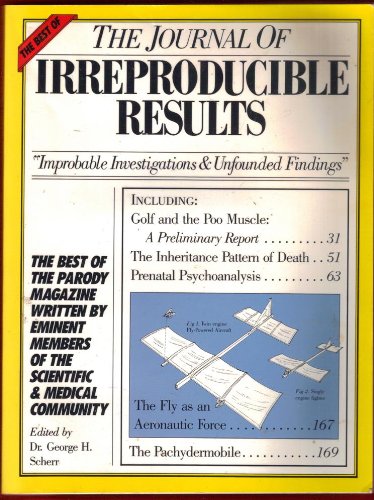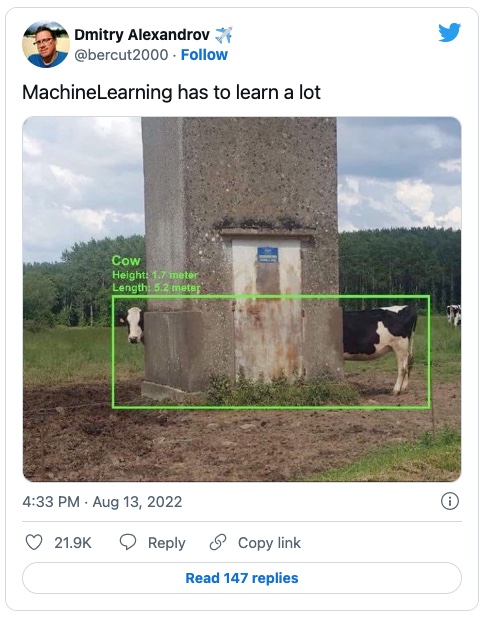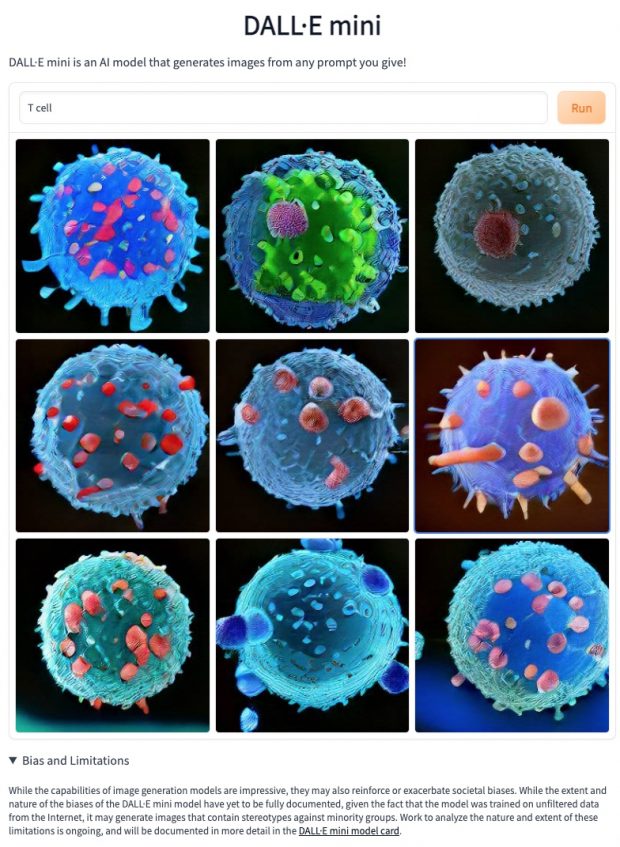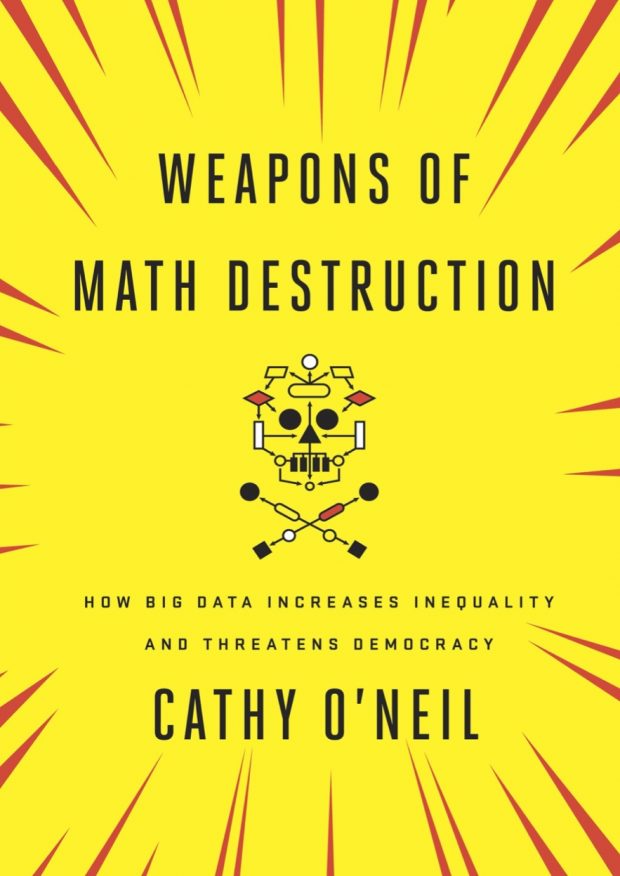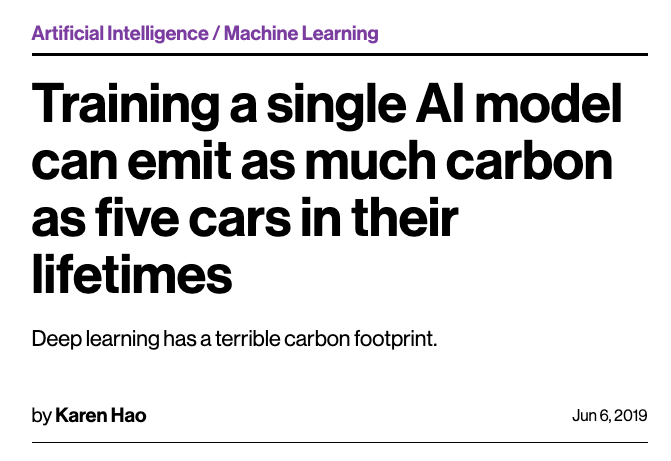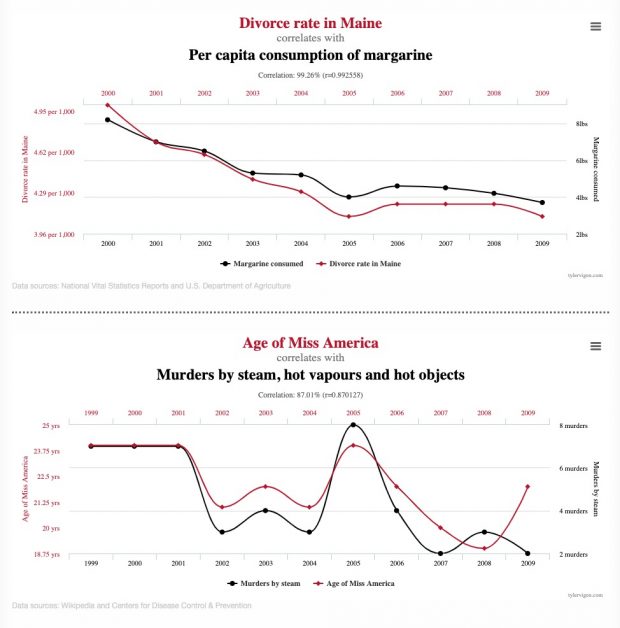spiegel.de reports a fatal accident of a self driving car.
In Kurve auf Gegenfahrbahn geraten
Ein Toter und neun Schwerverletzte bei Unfall mit Testfahrzeug
Vier Rettungshubschrauber und 80 Feuerwehrleute waren im Einsatz: Bei einem Unfall auf der B28 im Kreis Reutlingen starb ein junger Mann, mehrere Menschen kamen schwer verletzt ins Krankenhaus.
Is there any registry of these kind of accidents?
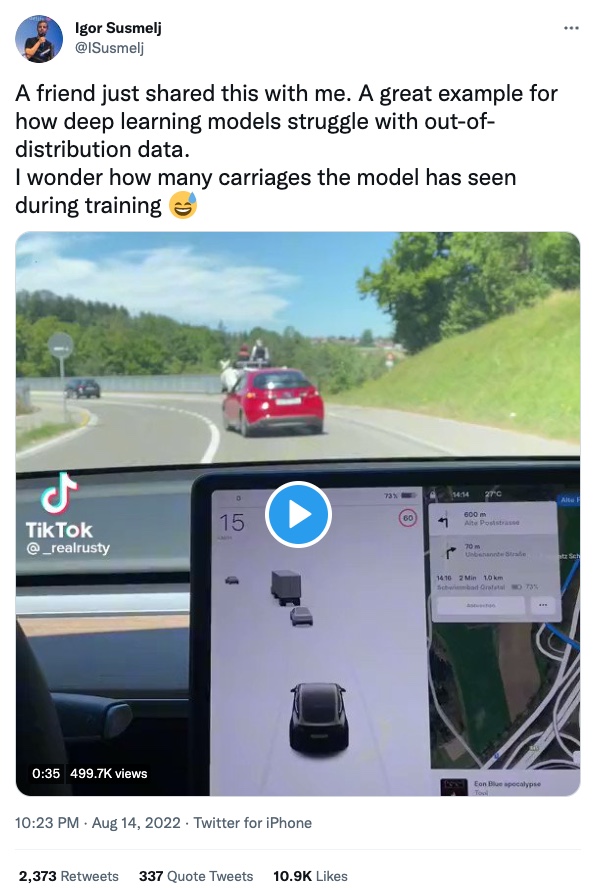
and the discussion on responsibility
The first serious accident involving a self-driving car in Australia occurred in March this year. A pedestrian suffered life-threatening injuries when hit by a Tesla Model 3, which the driver claims was in “autopilot” mode.
In the US, the highway safety regulator is investigating a series of accidents where Teslas on autopilot crashed into first-responder vehicles with flashing lights during traffic stops.
